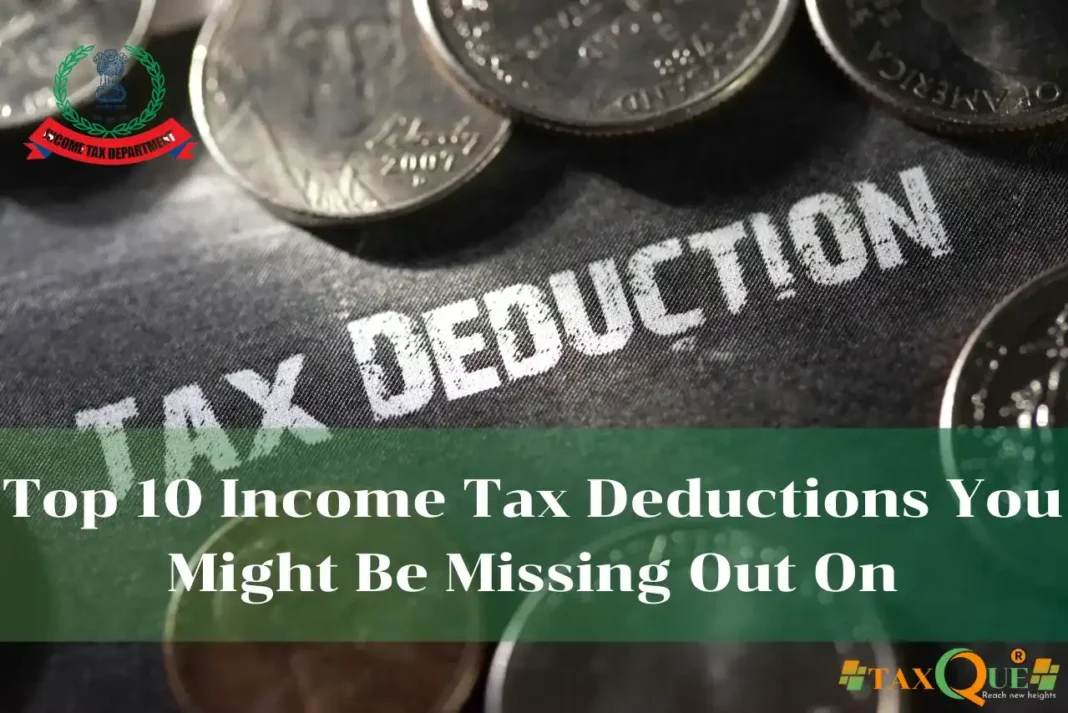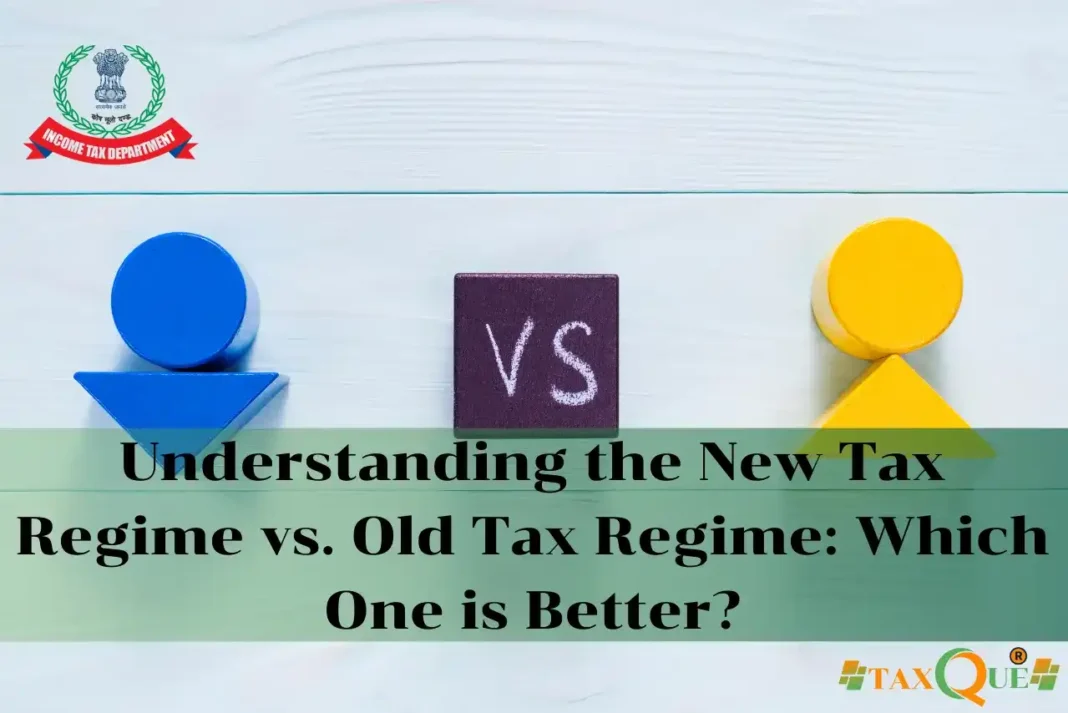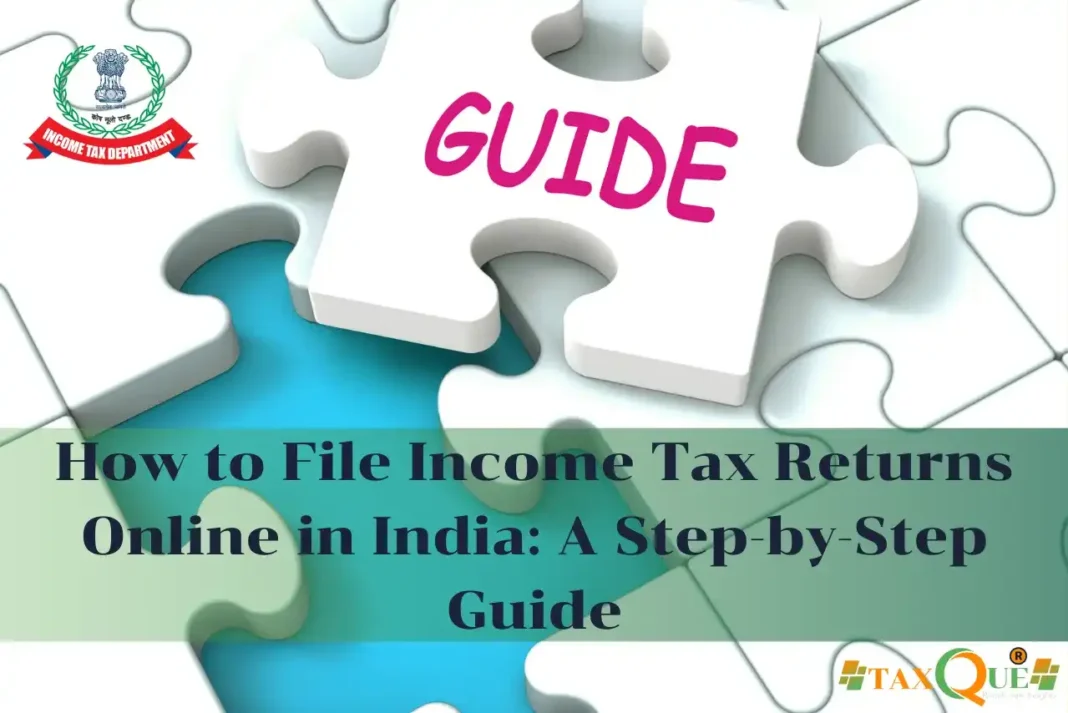Missing Out on Tax Benefits? Check These 10 Deductions Most Taxpayers Ignore!
Introduction
Most taxpayers focus only on the well-known deductions like Section 80C to save on taxes. But the Indian Income Tax Act offers a wide range of lesser-known deductions that can significantly reduce your tax burden if used wisely. Whether you’re a salaried employee, freelancer, or business owner, knowing these tax-saving provisions could mean saving thousands of rupees each year. Let’s uncover the top 10 income tax deductions you might be missing out on.
What Are Income Tax Deductions?
Income tax deductions are provisions under the Income Tax Act, 1961, that allow taxpayers to reduce their gross taxable income. These deductions vary based on your expenses, investments, and contributions during a financial year. By availing them, you can legally lower your tax outgo.
Why It Matters
- Higher Savings: Knowing all eligible deductions can reduce your tax liability and increase disposable income.
- Legal Compliance: These deductions are fully permitted under the Income Tax Act.
- Financial Planning: Helps in making better investment and spending decisions throughout the year.
Top 10 Income Tax Deductions You Might Be Missing Out On
1. Section 80E – Education Loan Interest
Deduction for interest paid on loans taken for higher education (no upper limit).
📌 Applies to self, spouse, children, or legal guardian.
2. Section 80GG – House Rent Paid (Without HRA)
If you pay rent but don’t receive HRA from your employer, you can claim up to ₹60,000 annually.
📌 Conditions apply based on income and rent paid.
3. Section 80D – Preventive Health Check-up
You can claim up to ₹5,000 per year (within ₹25,000 overall limit) for preventive health check-ups.
📌 Applicable even without insurance purchase.
4. Section 80DD – Disabled Dependent Maintenance
Up to ₹75,000 (or ₹1.25 lakh for severe disability) for supporting a disabled dependent.
📌 Includes medical treatment, rehabilitation, etc.
5. Section 80DDB – Treatment of Specified Diseases
Covers diseases like cancer, Parkinson’s, AIDS, etc. Deduction up to ₹40,000–₹1 lakh based on age.
📌 Valid prescription required from a specialist.
6. Section 80U – For Persons with Disability
Flat deduction of ₹75,000–₹1.25 lakh for taxpayers with a disability (different from 80DD).
📌 Certificate of disability required.
7. Section 80G – Donations to Charities
Contributions to specified NGOs and relief funds can be claimed up to 50–100% with or without limits.
📌 PAN of organization and donation proof required.
8. Section 80EE/80EEA – First-time Home Buyers
Extra deduction up to ₹50,000 (80EE) or ₹1.5 lakh (80EEA) on home loan interest.
📌 Conditions apply for property value and loan amount.
9. Section 80TTA/80TTB – Interest on Savings Accounts
₹10,000 (80TTA) or ₹50,000 (80TTB for senior citizens) on interest earned from savings bank accounts.
📌 Excludes FDs and RDs.
10. Leave Travel Allowance (LTA)
Tax exemption for domestic travel costs reimbursed by employer.
📌 Can be claimed twice in a block of four years.
Common Mistakes to Avoid
- Not Keeping Proof: Always maintain bills, receipts, and statements.
- Overlooking Clauses: Some deductions have strict eligibility conditions.
- Claiming Both 80EE & 80EEA: You can’t claim both simultaneously.
- Not Updating Income Tax Portal Data: Mismatches may lead to rejections.
- Assuming Automatic Claims: You must actively declare and claim deductions while filing ITR.
Conclusion
Tax deductions are more than just Section 80C. By exploring the full range of allowable deductions, you can drastically reduce your taxable income while also planning your finances better. Don’t leave money on the table—review your spending, investments, and contributions today to make the most of what the Income Tax Act offers.
FAQs
Q1. Can I claim both Section 80C and 80E deductions?
Yes, these are separate deductions and can be claimed together.
Q2. Is 80GG applicable if I live with my parents?
Yes, if you pay rent to them and have a rental agreement and payment proof.
Q3. What’s the maximum limit under Section 80DDB?
Up to ₹1,00,000 depending on the age of the patient.
Q4. Can salaried employees claim Section 80TTA?
Yes, all individuals and HUFs can claim this for savings interest.
Q5. Are LTA bills for international travel eligible?
No, only domestic travel is covered under LTA exemption.





